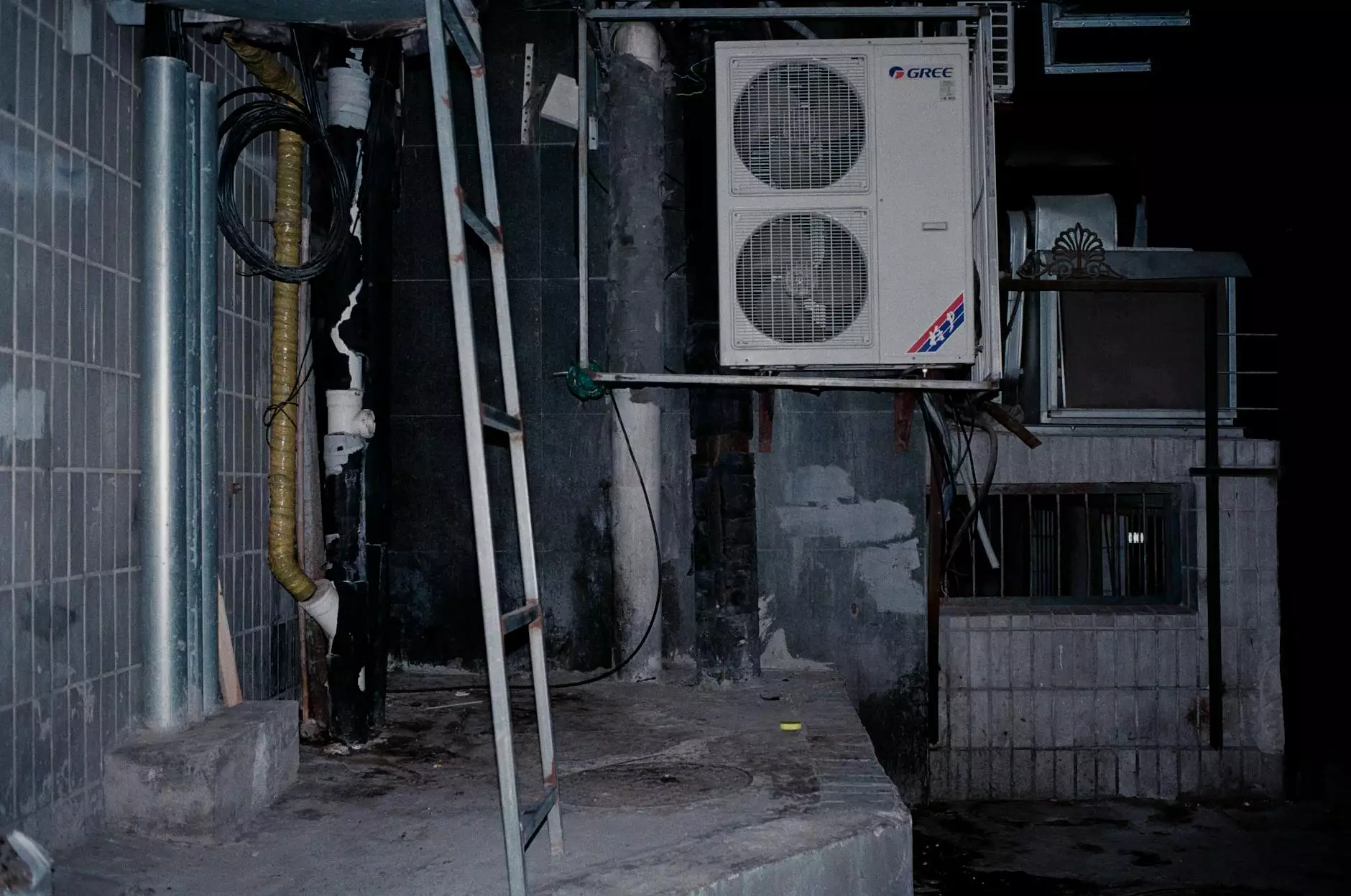Lung Cancer CT Scan: A Comprehensive Guide to Early Detection

Lung cancer remains one of the most challenging health issues today, claiming more lives than any other type of cancer. Early detection is critical in improving survival rates and treatment options for patients. Among various screening methods, the lung cancer CT scan has emerged as a powerful tool in the early diagnosis and assessment of lung cancer.
Understanding Lung Cancer and Its Risks
Lung cancer typically begins in the cells of the lungs and is often linked to smoking, exposure to radon gas, asbestos, or other environmental factors. The two main types of lung cancer are:
- Non-Small Cell Lung Cancer (NSCLC) – accounting for about 85% of cases.
- Small Cell Lung Cancer (SCLC) – a more aggressive form, making up about 15% of cases.
Several risk factors contribute to the likelihood of developing lung cancer, including:
- Smoking – The leading cause of lung cancer, responsible for approximately 85% of cases.
- Family History – Genetics can play a role, with a history of lung cancer increasing risk.
- Occupational Hazards – Exposure to certain chemicals and pollutants significantly raises risk.
- Age – Most diagnoses occur in individuals aged 65 and older.
The Role of CT Scans in Lung Cancer Detection
Computed Tomography (CT) scans have revolutionized the approach to diagnosing lung cancer, enabling healthcare professionals to identify tumors at a much earlier stage than traditional imaging methods. Here are some vital aspects of lung cancer CT scans:
1. What is a Lung Cancer CT Scan?
A lung cancer CT scan is a specialized imaging technique that uses X-rays to create detailed cross-sectional images of the lungs. This method provides a clearer view of the lung structure, allowing for the detection of tumors that may not be visible on standard chest X-rays.
2. Advantages over Traditional Screening Methods
Unlike conventional chest X-rays, CT scans offer several advantages:
- Higher Sensitivity – CT scans can detect smaller tumors, often as small as a few millimeters.
- Early Detection – The ability to identify lung cancer at early stages enhances treatment possibilities.
- Detailed Imaging – CT scans provide high-resolution images that can reveal structural changes in the lung.
3. How is a Lung Cancer CT Scan Performed?
The process of undergoing a lung cancer CT scan is straightforward:
- Preparation: Patients may be asked to refrain from eating or drinking for a few hours before the scan.
- Positioning: Patients lie on a table that slides into the CT scanner.
- Imaging: The scan lasts only a few minutes and usually does not require any contrast material.
What to Expect After a Lung Cancer CT Scan?
Once the lung cancer CT scan is complete, the images will be evaluated by a radiologist. The results are typically available within a few hours or days, depending on the facility. The radiologist will prepare a report that will be discussed with the patient by their healthcare provider.
Understanding Your Results
Results may indicate:
- No abnormalities found – a significant relief for many patients.
- Potential Tumors – Further testing may be required for confirmation and staging.
- false positives – Some benign conditions may mimic lung cancer on CT scans, necessitating follow-up examinations.
Further Testing and Follow-Up
If the CT scan suggests the presence of cancer, additional tests may be required, such as:
- Bronchoscopy – A procedure that allows doctors to view the lungs and take tissue samples.
- Biopsy – Testing tissue samples for cancerous cells.
- Pet Scan – This imaging test can help determine if cancer has spread to other areas of the body.
Benefits of Lung Cancer CT Scans in Early Detection
The benefits of early detection through lung cancer CT scans are profound:
- Improved Survival Rates: Early-stage lung cancer is often more treatable, with potential 5-year survival rates exceeding 50%.
- Less Aggressive Treatment: Early detection often means that less invasive treatments are necessary.
- Better Quality of Life: Early management of the disease allows patients to maintain a higher standard of living.
Conclusion: Empowering Health with Early Detection
The fight against lung cancer requires persistent efforts in early detection and effective treatment. The lung cancer CT scan plays a pivotal role in identifying this formidable disease in its nascent stages, potentially saving countless lives.
For individuals considered at high risk, such as smokers over the age of 55 or those with a family history, consulting with a healthcare provider about regular CT screening can be a proactive step towards health management.
At Hello Physio, we emphasize the importance of taking charge of your health. Early intervention and expert guidance in the Health & Medical, Sports Medicine, and Physical Therapy fields can lead to better outcomes. Remember, informed patients are empowered patients. Schedule your consultation today and take a step towards a healthier life!









